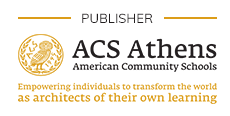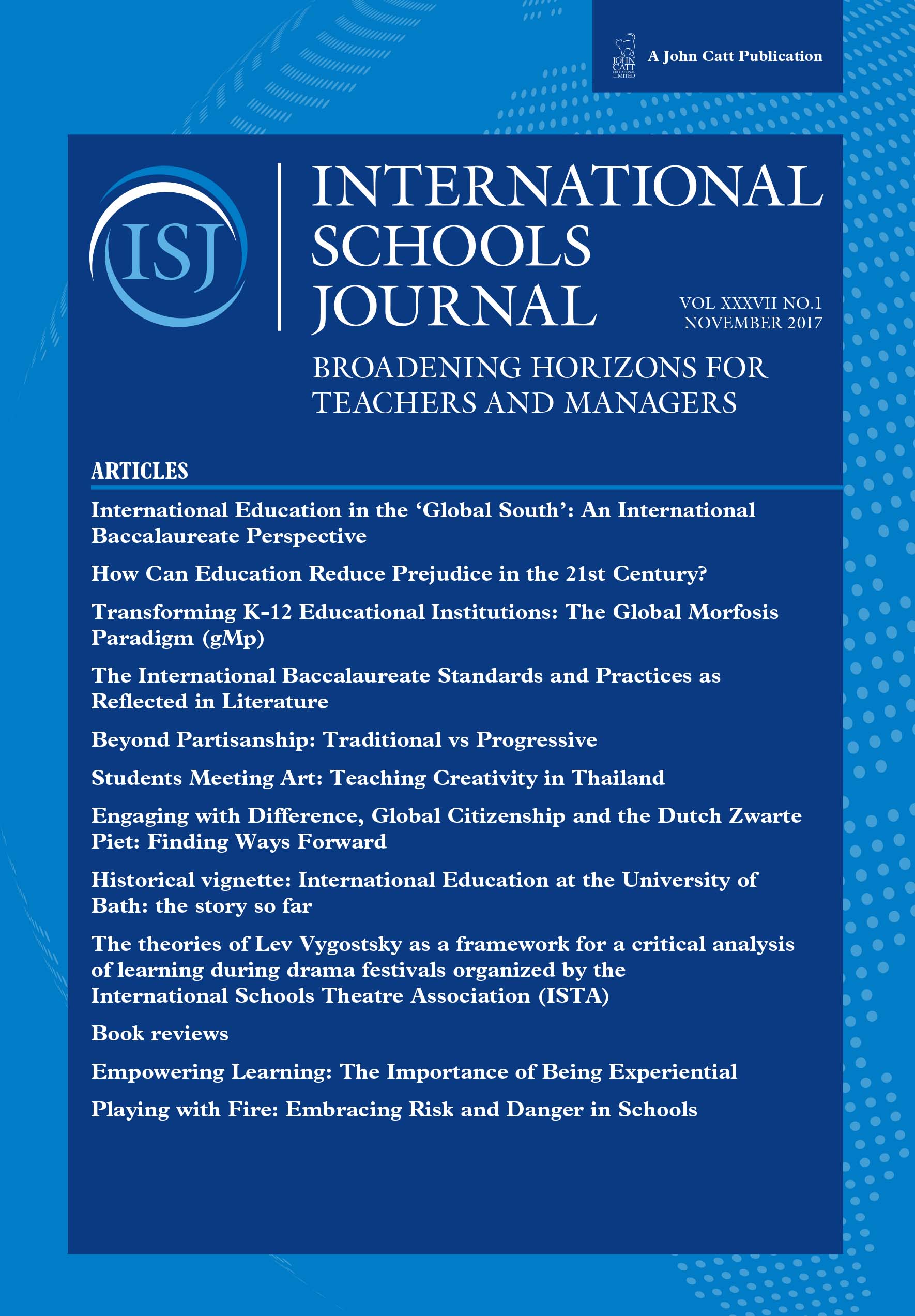ISJ November 2017: Beyond Partisanship – Traditional vs Progressive
10,00€
Eoin Lenihan
Abstract:
It will soon be ten years since the publication of John Hattie’s Visible Learning whose cover boasted that it “Reveals teaching’s Holy Grail” – a direct quote from The Times Educational Supplement. Much has changed in education since then. Hattie has had unprecedented influence on international governments’ educational policies, entire seminars in teacher education programmes have grown up around his work, school directors have implemented sweeping policy changes in line with his findings and he has raised greater awareness of evidence-based teaching than ever before. However, one of the less helpful legacies of his theories has been the polarisation of educators and educational theorists into Traditionalist and Progressive camps. It is particularly the case in Britain where the annual ResearchEd Conference, a grassroots movement started on social media, has become a lightning rod of controversy between these camps for its perceived focus on empiricism in educational research and best practice. This past summer these divisions came to a head as one of the leading speakers of the 2017 Research Ed Conference, and a well-known ‘influencer’ on Twitter, was forced to withdraw due to a blog post in which he considered the evidence for racial differences in IQ. The ensuing controversy served only to further entrench educators on either side of the Traditional/Progressive divide. And this divide, as it currently hinges around empirical research and evidence-based practice, is actually an artificial and wholly unhelpful one. It is essential, for the good of all students, to find common ground between these groups of educators.



